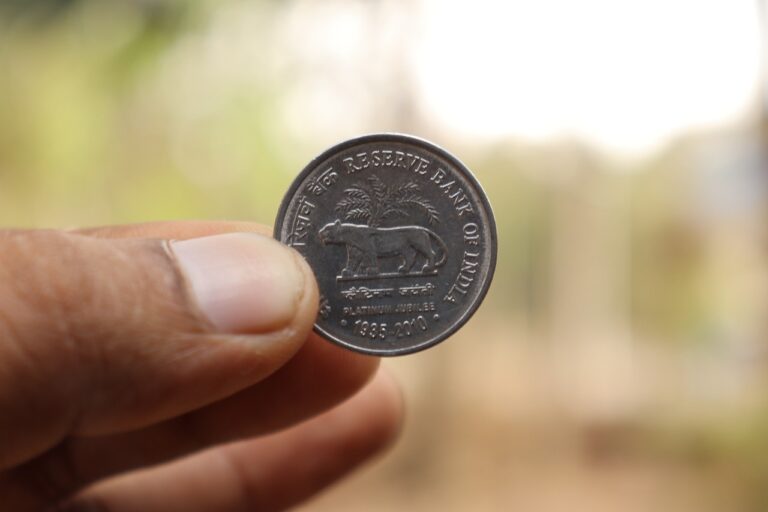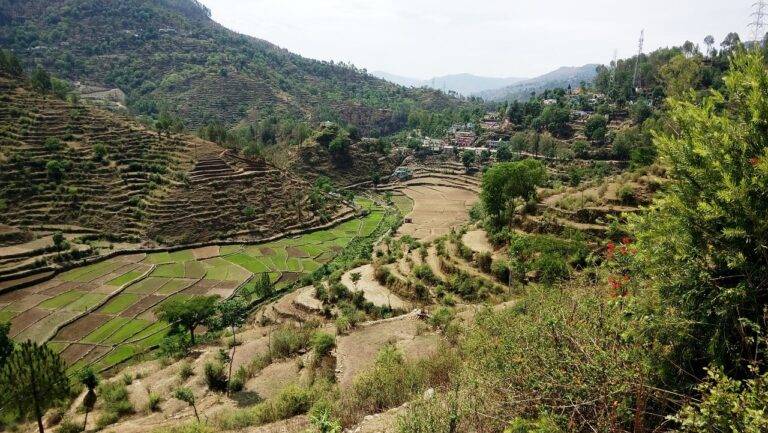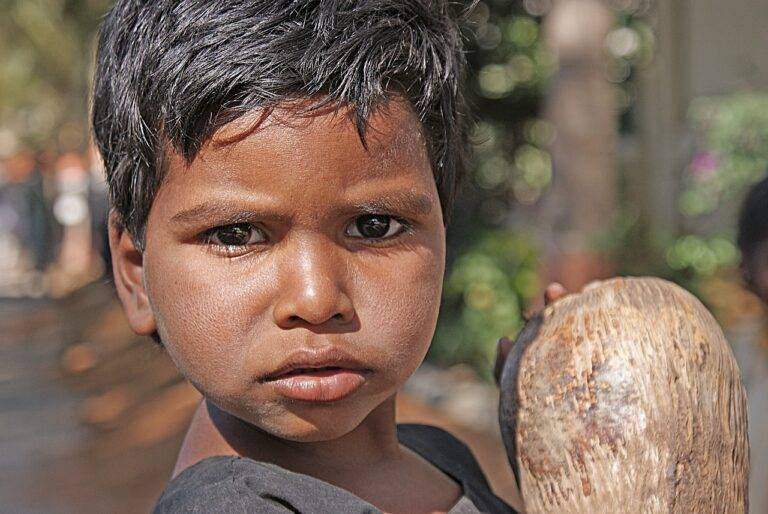Election Campaigns and the Rise of Grassroots Movements
Grassroots movements play a crucial role in shaping the political discourse of our society. By mobilizing individuals at the local level, these movements can bring attention to important issues that may otherwise be overlooked by traditional power structures. Grassroots activism has the unique ability to amplify the voices of marginalized communities and hold elected officials accountable to the needs of the people they represent.
Moreover, grassroots movements have the power to spark meaningful change by uniting individuals around shared values and goals. Whether it’s advocating for environmental conservation, social justice, or economic equality, grassroots campaigns have the potential to shift public opinion and influence policy decisions. In today’s interconnected world, where social media provides a platform for grassroots organizing on a global scale, these movements are more empowered than ever to shape the future of political discourse.
• Grassroots movements mobilize individuals at the local level
• They bring attention to important issues overlooked by traditional power structures
• Amplify the voices of marginalized communities and hold elected officials accountable
• Unite individuals around shared values and goals for meaningful change
• Advocate for environmental conservation, social justice, or economic equality
• Shift public opinion and influence policy decisions through grassroots campaigns
• Social media provides a platform for global grassroots organizing in today’s interconnected world
The Influence of Social Media on Modern Campaign Strategies
Social media has fundamentally transformed the landscape of modern political campaigns. Platforms like Facebook, Twitter, and Instagram have become crucial tools for reaching and engaging with potential voters on a massive scale. Candidates now have the ability to communicate directly with constituents, sharing their message without the filter of traditional media outlets.
The immediacy of social media allows political campaigns to respond rapidly to emerging issues and events, shaping the narrative in real-time. From viral tweets to live streaming campaign events, candidates can now connect with voters in ways that were previously impossible. The interactive nature of social media also means that voters can actively participate in the political process by sharing, commenting, and engaging with campaign content.
The Role of Community Organizing in Mobilizing Voters
Community organizing plays a crucial role in mobilizing voters and driving political engagement within local communities. By organizing events, door-to-door campaigns, and voter registration drives, community organizers are able to directly connect with individuals and educate them on the importance of participating in the electoral process. Through these grassroots efforts, organizers can empower citizens to have a voice in shaping the future of their communities and hold elected officials accountable.
Moreover, community organizing fosters a sense of solidarity and collective action among citizens who share common goals and values. By bringing people together through shared interests and concerns, organizers create a sense of community and encourage collaboration towards achieving common objectives. This sense of unity can be a powerful force in mobilizing voters, as individuals are more likely to feel motivated and empowered when they see that they are part of a larger movement working towards positive change.
What is the significance of community organizing in mobilizing voters?
Community organizing plays a crucial role in mobilizing voters by engaging with local communities, building relationships, and identifying key issues that resonate with voters.
How do grassroots movements shape political discourse?
Grassroots movements have the power to amplify the voices of ordinary citizens, push for change, and hold politicians accountable. They bring attention to important issues that might otherwise be overlooked.
How has social media influenced modern campaign strategies?
Social media has revolutionized modern campaign strategies by allowing candidates to reach a wider audience, engage directly with voters, and mobilize support more effectively. It has also democratized the political process by giving a platform to grassroots movements.
Can community organizing help increase voter turnout?
Yes, community organizing can help increase voter turnout by building trust within communities, providing information on voting procedures, and encouraging civic participation. By mobilizing voters at a local level, community organizers can make a significant impact on elections.







